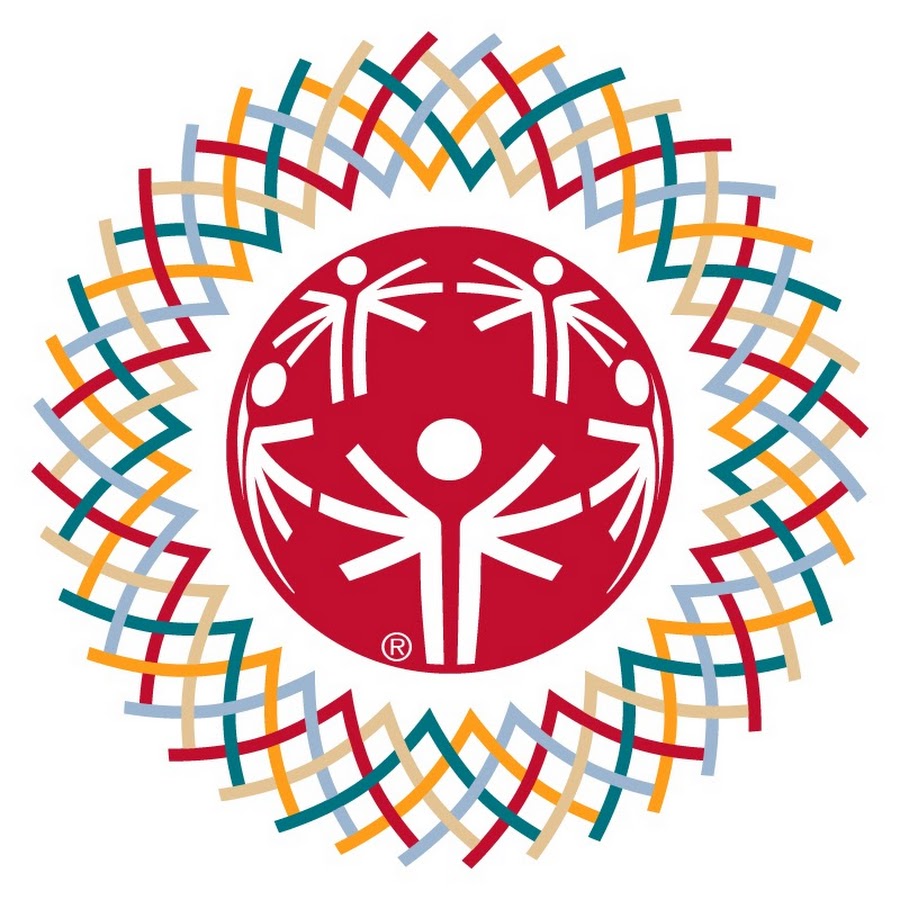Abu Dhabi: Rajesh Yellappa Adekar is overjoyed to be at the Special Olympics, a place where athletes like him are not treated as a rejected lot but everything is screaming aloud – ‘Autism Rocks’.
At the Abu Dhabi National Exhibition Centre (ADNEC), 24-year-old Rajesh is one of the 289 Indian athletes who are getting the mandatory check up ahead of their competitions at the Special Olympics. There music playing in the background and kiosks peppered all around are saying just one thing – ‘Autism Rocks’. “I am so happy to be here. I made friends with people from Australia,” he says ecstatically.
Son of daily wage labour from Goa, Rajesh will be participating in 200m and 400m athletics event. His mind did not develop much but the fire to excel is there. “I used to run really fast as a child. I love running. I want to win gold here. Coach sir is very good, he takes care of me,” Rajesh says quickly, probably trying to express every thought in his mind.
His coach Siddhant Naik just smiles seeing the delight in the eye of his ward. While the determination of these athletes is unparalleled, their coaches work tirelessly in assisting these players in not just sports but their overall development, providing guidance and most importantly integrating them into the society.
“These children are different so the coaching we give also has to be different. We have to first asses their ability and what they are capable of, which sport they can succeed in. When I saw Rajesh I felt he can succeed in running and he excelled in it,” Siddhant says.
Training athletes with disabilities everyday is a herculean task. Some of them maybe obstinate but some who have short memory may not recollect what they did the previous day.
“It’s very difficult to train them. If you force them to do something they won’t do it. You have to be patient with them, explain to them, make them like what you are asking them to do,” says Siddhant.
Coaches have to come up with different, innovative ways to catch the attention of the athletes day after day. “If I ask them to do shuttle runs they won’t do it but if I ask them to stand at a point and then run to me and give me a clap on my hand they will do it. For them to listen to us is the first step to bond with them.”
However, different coaches have come up with distinct approaches depending on various factors such as the disability, age of the athlete or the sport. Krishna Veni Meda, the roller skating coach, has to indulge in a lot of motivational talk along with teaching her students simple tasks like maintaining oral hygiene.
“We start coaching them from a very young age in roller skating. Initially they are afraid of us, but we provide them with motivation. They are rejected by the society and sometimes their family as well so we become their care givers,” she said.
